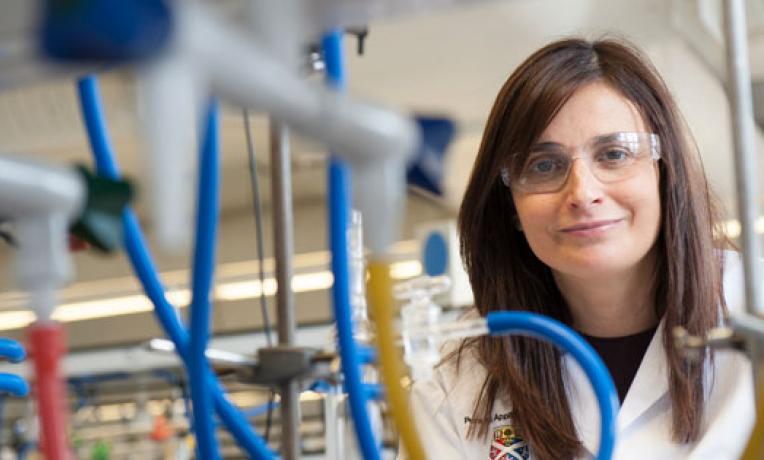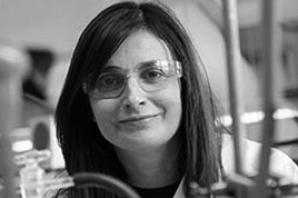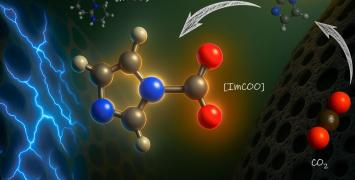EU grants: paving the way for young researchers
Originally from Gijón (Spain), Prof. Eva Hevia is Professor of Inorganic Chemistry at the University of Strathclyde, in Glasgow (UK). First an Erasmus student, then a recipient of both Marie Skłodowska-Curie and ERC grants, she believes that each of these three EU funding schemes has represented a milestone at different stages of her career and has paved the future of her research.

"I received both my MSci degree in Chemistry and my PhD degree from the Universidad de Oviedo (Spain). From October 1998 to March 1999 I visited the University of Bristol (UK) as an Erasmus student. During this stay, I had my first chance to work in a research laboratory and I became truly fascinated with organometallic chemistry. This experience motivated me to enrol in a PhD programme in this area in Spain, my home country.
By the time I finished my PhD studies, I had no doubts that my future would lie in research and academia. Aiming to broaden my knowledge, I spent three years, from 2004 to 2006, at the University of Strathclyde (UK) working on metal chemistry in the group of Robert Mulvey, thanks to a Marie Skłodowska-Curie grant. This was a particularly prolific and exciting time, where my fellowship gave me the opportunity to develop some of my own ideas and publish my first papers as corresponding author. After three-years at Strathclyde working as a Marie Curie Fellow, in 2006 I took up a Royal Society University Research Fellowship there, where I subsequently was promoted to Senior Lecturer in 2010 and then Reader in 2011.
I established my own research group in 2006, working in the evolving area of polar organometallic chemistry. In 2011, I was awarded an ERC Starting Grant which provided me with a critical mass of resources to tackle some of the main challenges facing this area of research. Results obtained from this project were instrumental in my fast promotion to Professor in 2013 at the age of 36. To date the progresses made by my ERC team have been recognised with a large string of publications and several research awards. Research in my group specialises in organometallic chemistry, which is used in the manufacture of agrochemicals, pharmaceuticals and other medicines, perfumes or plastics. Some of our recent work includes the advancement of new methods that replace the use of toxic organic solvents in this chemistry by more sustainable and biorenewable systems."
Eva Hevia is currently a Professor of Inorganic Chemistry at the University of Strathclyde (UK). Research in her group focuses on developing sustainable and greener methods for chemical synthesis using organometallic reagents. She received her MSci degree in Chemistry and her PhD from the University of Oviedo (Spain). With more than 120 peer-reviewed papers, her research has been recognised with several prestigious prizes including the 2016 SRUK Emerging Talent Award, which honours the most promising Spanish scientist in the UK under 40, and the 2017 RSC Corday-Morgan Prize awarded to the most meritorious contributions to Chemistry in the UK.






